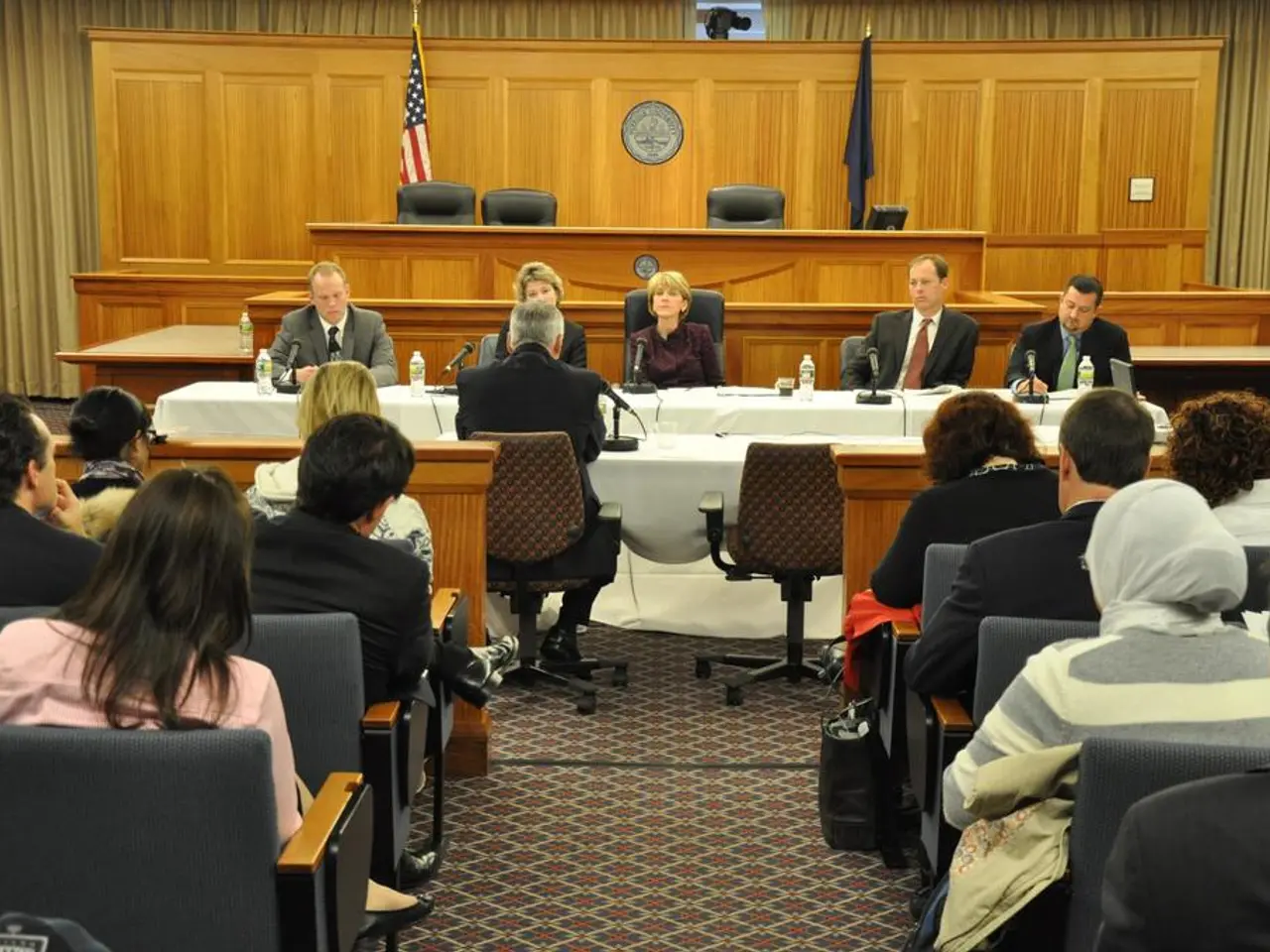Religious freedom advocates urge strengthened safeguards for religious liberty in Europe
In a panel discussion at the European Parliament, religious freedom experts gathered to address the current challenges and future prospects of safeguarding religious freedom in Europe. The event, called "Safeguarding religious freedom in Europe: Current challenges and future prospects," took place during the 2024 European Prayer Breakfast, which was hosted by MEPs and included participants from various European institutions.
Current Challenges
The panel highlighted several pressing issues that need immediate attention. One of the major concerns is the increasing religious intolerance and hate crimes across Europe. A 2023 report by OIDAC Europe documented 2,444 anti-Christian hate crimes in 35 European countries, with many incidents going unreported. This rise in intolerance poses direct threats to the safety and freedom of believers, especially Catholic clergy in countries like Poland who face aggression.
Another challenge lies in the legal and societal tensions in secularized Europe. As secularization combines with growing religious diversity, paradoxes in law and society emerge. These include legal limitations on freedom of expression to protect sensitivities, restrictions on religious organizations' autonomy, and conflicts between privacy rights and religious freedom. These shifts risk shrinking the scope of fundamental rights for religion under dominant societal worldviews.
Structural inequality in religious-state relations also poses a significant challenge. For example, in Turkey, religious freedom is curtailed through prohibitions on Orthodox clergy wearing religious symbols publicly, surveillance, visa denials, and state favoritism toward Sunni Islam via the Directorate of Religious Affairs. Non-Muslim minorities such as Orthodox Christians, Armenians, Jews, and Alevis face discrimination, undermining religious pluralism and democratic integration.
Polarizing political narratives further complicate religious freedom advocacy. Christian rights groups are contested in European political debates, with accusations of extremism against pro-life religious organizations by some advocacy networks.
Future Prospects and Responses
The panel emphasized the need for interdisciplinary and multilateral advocacy, combining legal measures, social awareness, and protective mechanisms to address the rise in discrimination and violence. Addressing the legal pitfalls emerging from secularization includes refining the balance between freedom of religion, freedom of expression, privacy rights, and human rights hierarchies in EU member states' laws.
Continued documentation, monitoring hate crimes, and reporting discriminatory practices help create accountability and inform policy decisions. Efforts to counter structural inequalities and marginalization, such as advocating for equal state treatment of all religious groups and fostering interreligious dialogue, form part of longer-term strategies to uphold religious freedom in diverse European contexts.
The participants also suggested extending the mandate of the Special Envoy for the promotion of freedom of religion or belief outside the EU.
The 2024 European Prayer Breakfast, the 27th edition, took place at the European Parliament on 4 December, attended by around 450 guests. The event underscored the importance of promoting committed relationships in European institutions and emphasized the need for ongoing dialogue and cooperation to safeguard religious freedom in Europe.
- In the discussion, a focus was placed on the role of policy-and-legislation in addressing the ongoing issues, such as the escalating religious intolerance and hate crimes across Europe, which necessitates immediate attention and revision of existing laws to protect everyone's right to practice their faith freely.
- The future prospects of safeguarding religious freedom in Europe are intertwined with politics, particularly in terms of advocate networks engaging in advocacy efforts that transcend disciplines, promote social awareness, and foster protective mechanisms to counter acts of discrimination and combat structural inequalities that underscore religious pluralism.








